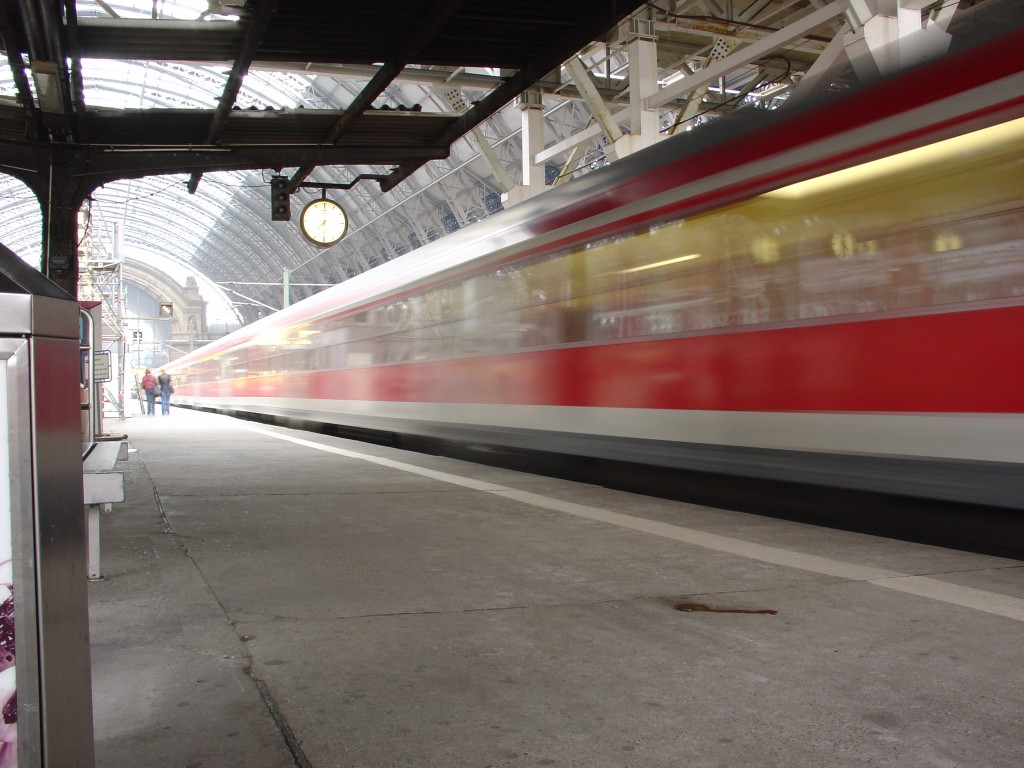This week the Government finally gave the green light to the most radical overhaul of England’s railways since Victorian times. The approval of plans for a high speed network, linking the biggest cities in the country, has been welcomed by both business and trade union leaders. The £32.7 billion pound investment will halve the journey time on some routes creating greater links between offices and other commercial properties across the country. However the plans face stiff opposition from campaigners who claim the money would be better spent elsewhere.

Despite pioneering train travel in the 19th century Britain’s rail network has long lagged behind those of other leading economies. Now that is about to change after the go ahead was given to a high speed service known as HS2. The project will create a fast and efficient link between the South, the Midlands and the North of England. The first stage of HS2, linking London and Birmingham, is expected to be operating by 2026.
This will be followed by a further development which will extend the northward line to Manchester and Leeds. This phase is expected to be completed by 2033. The service will cut the journey time between Manchester and the capital from 2 hours 8 minutes to 1 hour 8 minutes providing commuters, business people and shoppers with easy access to offices and retail commercial properties in both cities.
The Confederation of British Industry (CBI) believes the development will be good for business and help to bridge the North-South divide. A spokesman said; “The biggest prize will come from stage two – The link with the North. This will help to spread the benefits of future growth across the country.”
However opponents of the scheme – including several Conservative MPs whose constituencies the line will pass through, dispute this view. They claim that HS2 will have few benefits and will damage some of the most picturesque countryside in England. They also question the economic viability of the plans. Stop HS2 spokesman, Joe Ruskin claims: “There is no business case, no environmental case, and there is no money to pay for it.”
In the announcement, the Government offered some concessions to opponents. There will be more tunnels than originally planned to offset the impact on the landscape. In addition compensation schemes will be extended and the process speeded up. There is already a scheme in place for residential property owners but a small claims scheme – which includes provision for commercial property owners – will make it easier for those adversely affected to claim compensation.
Once the initial two phases of HS2 are completed journey times to Edinburgh and Glasgow will also be reduced. Then there are plans for further extensions linking the network to Heathrow and the continent. Transport Secretary, Justine Greening commended the proposals, saying; “A modern and reliable and fast service between major cities and international gateways will transform the way we travel and promote Britain’s economy and social prosperity.” Construction is due to begin in 2017.